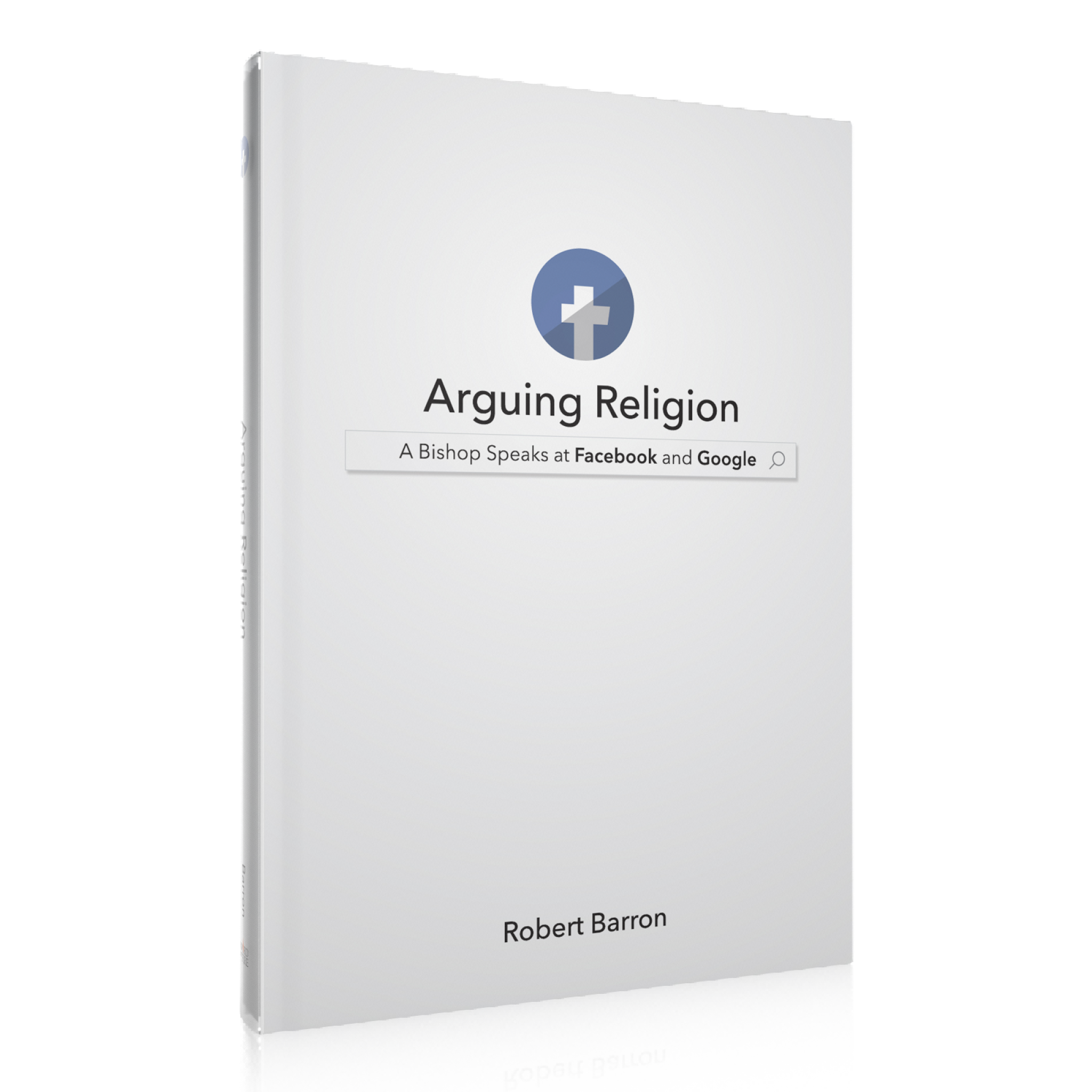In the world of religious discourse, the Bahá’í teachings present a refreshing paradigm, embracing the spirit of discussion over contentious argumentation. This distinction invites us to delve into a deeper understanding of faith, fostering a climate of respect and intellectual curiosity. Let us embark on an exploration of the Bahá’í approach, illuminating its significance with metaphor and nuance, revealing how this philosophy enhances the blurred boundaries of understanding among diverse religions.
At its core, the Bahá’í Faith advocates for unity—both in purpose and in practice. Religion is not perceived as a battleground for debate, but rather as a vast and intricate tapestry, woven together by the threads of shared truth. Consider the metaphor of a grand orchestra, where each instrument plays its part in harmony rather than discord. In this symphonic endeavor, discussions arise not through the clash of instruments but from the collective effort to create a melodious masterpiece.
The concept of “discussing” rather than “arguing” forms the bedrock of Bahá’í dialogue. When individuals engage in discussions, they are more likely to resonate with an openness to understanding one another. This contrasts sharply with the adversarial nature of argumentation, which often breeds division and resentment. Therefore, the Bahá’í teachings encourage followers to adopt an attitude of intellectual honesty and humility, acknowledging that each person’s perspective holds intrinsic value and can contribute to a larger understanding of truth.
Moreover, this approach liberates the discourse surrounding religious beliefs from the confines of dogma. In a culture rife with absolutism, the Bahá’í perspective emerges as a bastion of pluralism. Followers are encouraged to explore the myriad expressions of faith, recognizing that truth may manifest differently through various cultural and historical lenses. The metaphor of a prism exemplifies this notion: just as light refracts into a spectrum of colors, so too does divine revelation appear in diverse ways across different religious traditions. Rather than deeming one interpretation as superior, the Bahá’í teachings advocate for the appreciation of all colors within the spectrum of beliefs.
Cultivating a respectful dialogue involves more than mere acknowledgment of differing views; it necessitates an active engagement in the pursuit of knowledge. Bahá’ís are urged to investigate reality through reasoned inquiry and critical thinking, illuminating the path forward with the light of knowledge. Thus, engaging in discussions within the framework of Bahá’í teachings can be likened to embarking on a communal expedition of discovery, where each participant contributes their findings to the shared repository of human understanding.
Such discussions, rooted in mutual respect and a quest for truth, yield profound benefits. When individuals approach religious topics with the intention of understanding rather than converting, they create a safe environment for exploration. It is within this sanctuary of respect that the fruits of wisdom can flourish. The metaphor of a garden aptly illustrates this point; by nurturing the soil of dialogue with care and attention, one allows diverse ideas to take root, bloom, and thrive. Just as different plants coexist harmoniously in nature, so too can varied beliefs coexist in a respectful and dialogue-centered environment.
Furthermore, the Bahá’í perspective recognizes the importance of the individual’s role in the quest for truth. Each person’s insights and revelations constitute essential components of a collective tapestry. Thus, the dialogues nurtured within this framework can transcend mere exchanges of ideas; they can develop into transformative experiences that illuminate the pathways toward greater understanding and unity. This can be likened to the weaving of a fabric—the more hands that contribute, the richer and more diverse the final product.
However, embracing this philosophy does not mean a retreat from conviction. Bahá’ís firmly believe in the validity of their teachings while remaining open to the truths found within other faiths. It is this balance of affirmation and receptivity that enhances the discussion. The metaphor of a bridge serves here as a compelling visual representation; rather than erecting walls of separation, Bahá’í teachings invite individuals to construct bridges that connect various worldviews, facilitating the exchange of ideas while honoring each person’s journey.
Yet, one must navigate the terrain of discussion with care and diligence. Listening becomes an art form, for genuine comprehension arises not merely from hearing words, but from engaging in active, empathetic understanding. This reflective practice empowers participants to delve deeper than surface-level assertions, unearthing the underlying motivations and philosophies that shape perspectives. Thus, the practice of listening within a Bahá’í context resembles a dance—one where participants gracefully move in sync, attuned to the subtleties of rhythm and expression, fostering a deeper connection.
In conclusion, the Bahá’í perspective on religion reframes discussions from adversarial confrontations to enlightening exchanges. By perceiving religious discourse as a vast landscape ripe for exploration, individuals can foster a culture of understanding, respect, and unity. The metaphors of the orchestra, prism, garden, fabric, and bridge illuminate the beauty and complexity inherent in dialogue, showcasing the potential for collaborative journeys toward greater truth. In a world often embattled by conflict and division, embracing the Bahá’í teachings can serve as a lighthouse, guiding humanity toward a brighter and more harmonious future.
